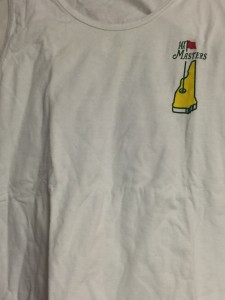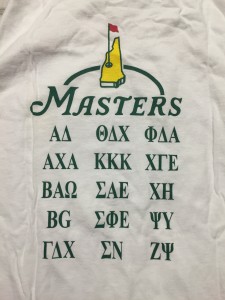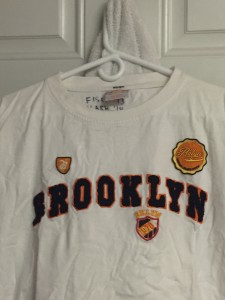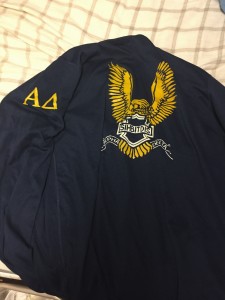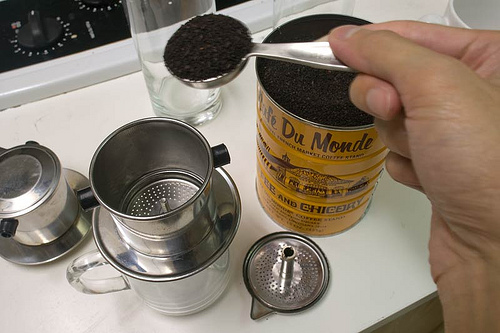1. Title: Dark Side versus Light Side
2. Informant Information:
Matt Marcus is a graduating senior who was a member of the Dartmouth Lightweight Crew Team. As a result of being on an athletic team, he always went to eat at Foco (The Class of 1953 Commons) after every practice. He is also on the 20 meal plan, meaning that he more than often goes to Foco to eat his meals throughout the day.
3. Type of Lore: Customary Folklore
4. Language: English
5. Country of Origin: Hanover, New Hampshire, United States
6. Social/Cultural Context:
The idea behind the customary folklore known as “Dark Side versus Light Side” is that students who do not participate in athletics sit on the “Light Side” of Foco, while the remaining student-athletes sit and eat on the “Dark Side”. This piece of folklore has been around long enough to become very widely known as well as generally obeyed.
7. Associated File: N/A
8. Transcript:
“Part of being on an athletic team is always going to Foco after practice. It’s just that convenient…. And more importantly, uh, it’s all you can eat, so pretty much perfect for anyone that plays on a sports team. I guess I’ll start at the beginning before I became an athlete. So when I got done with Trips and all that and then went to Foco for the first few weeks of school, as every freshman does, I had heard a few people tell me about the Dark Side/Light Side issue. When I questioned what it was I thought it was kind of ridiculous how there’s an actual, I guess you could say “custom”, around it. But you know, everyone obeys it so I did too, until that moment when I joined the Crew Team. I was so happy to call myself an athlete, and I got to experience the “glory” of eating on the famed Dark Side…. haha…. or so you could say. I think the reason that people actually seem to obey this “rule”, or more specifically freshman, haha, is because of just the intimidation factor of it.”
9. Informant’s Comments:
“I think I see this piece of folklore coming from, like, new freshmen students being somewhat afraid of, like, finding a new group of friends other than their trips group. Sometimes it’s hard to do that, and one of the more, uh, intimidating groups of students to try to becomes friends with are student athletes. Like they already have their friends and have found their group on campus, so they dont need to worry about that as much as others do.”
10. Collector’s Comments:
Instead of this Dartmouth “custom” being representative of the fear of freshmen to branch out and find new friends, I think that this folklore represents something more prevalent and that extends further into one’s Dartmouth career than just freshman year: the dichotomy between student-athletes and regular students. Whether it’s on Yik-Yak (an app on which anonymous posts are made by users), in social life, or even in class, this dichotomy is often mentioned or pointed out, and sometimes even jokes are made. It is actually quite easy to differentiate between a student-athlete and student here at Dartmouth, whether that’s due to physical appearance or personality, nobody is entirely sure. What is clear is that this relationship within the student body is often highlighted, and can be easily characterized by the “Dark Side versus Light Side” relationship in Foco. This is an interesting phenomenon, as most of the other pieces of folklore in this collection tend to reflect a unification of the Dartmouth community instead of a division.
11. Tags/Keywords: Food, Athlete, Student-Athlete, Class of 1953 Commons, FoCo


